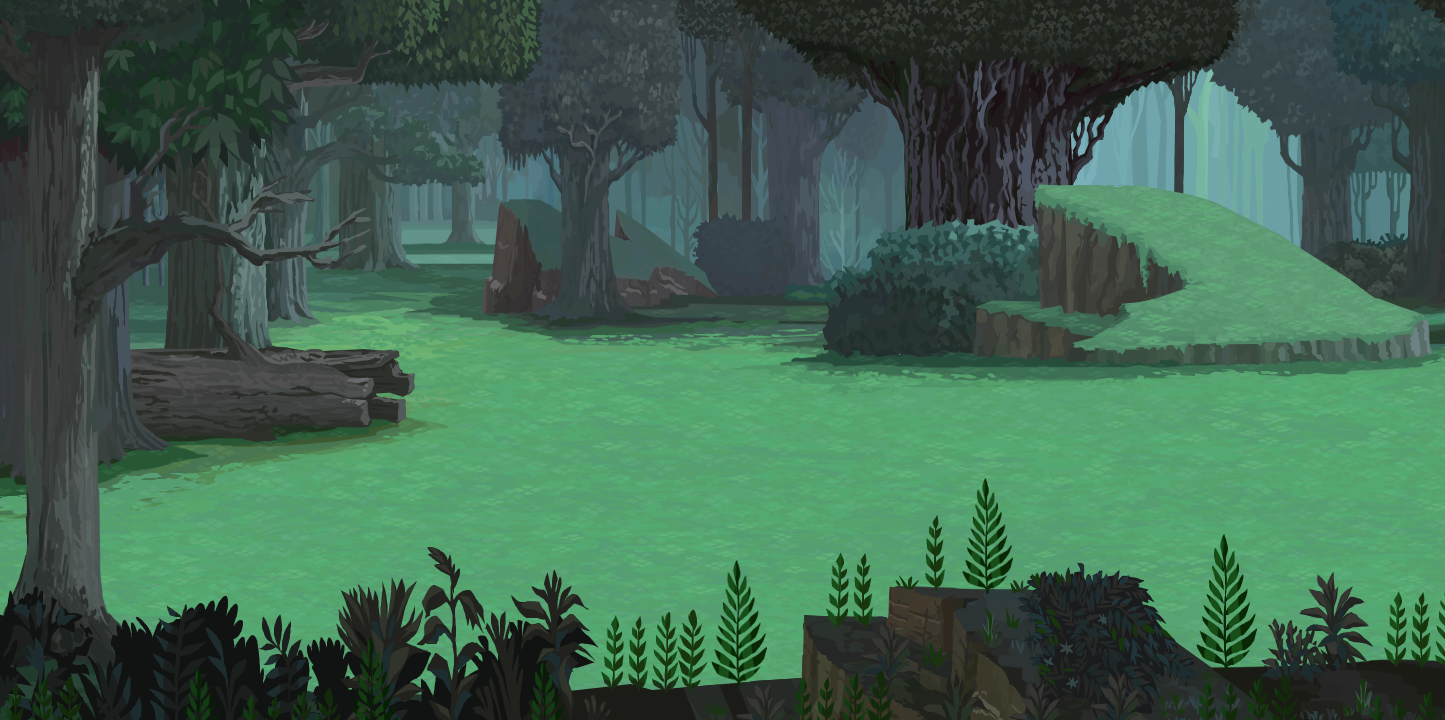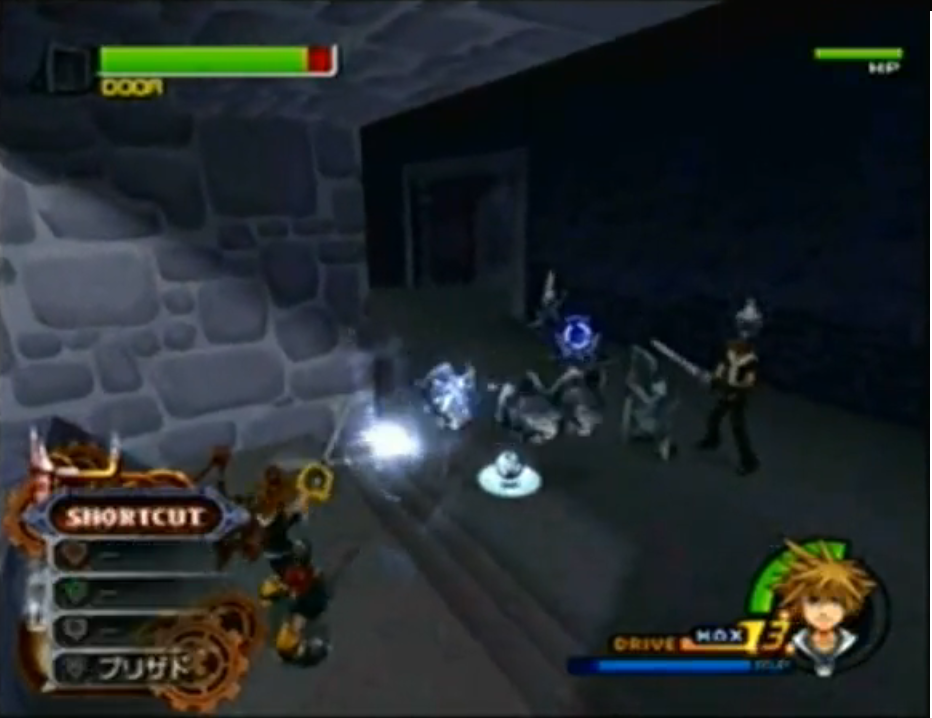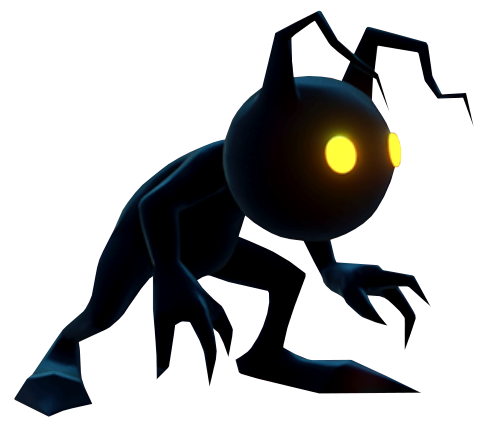

Melkor, meanwhile, had attracted the attention-and in a few cases, admiration-of the Maiar, the lesser spirits of Arda. The Valar dwelt in a land called Almaren, and raised up two lamps to light the young earth: Illuin and Ormal. After Tulkas drove Melkor away, the Valar managed to complete Arda, and the world was established. Though he disrupted their work and destroyed much, a great spirit named Tulkas came to Arda from other regions of Eä to combat him. There was war, the First War with Melkor, in which mountains were felled and brutality inflicted on the Valar. Melkor departed to the remote regions of Eä, leaving the world in peace for a while.īut Melkor took form more majestic than any of the Valar, great and terrible and burning with his malice, and he came to Arda to destroy the Valar's work in preparing it. Manwë, his brother, did not understand his evil, but fearing that Melkor might try and disrupt their labours in Arda, called forth many more Ainur to protect them. Once there, Melkor declared to his colleagues that he was the master of Arda henceforth. Nonetheless, he was allowed to enter Eä and come to Arda with the other Valar. He actually wished to dominate Arda and its creatures, especially the Children of Ilúvatar. When Eru showed the Ainur the product of their music, Eä, Melkor was one of those who begged to enter Arda, pretending to be willing to cultivate it and guide it for Ilúvatar's glory. Melkor was shamed and angered by this judgement, but hid his feelings.

Thus, though Melkor opposed Eru to his last breath, he only furthered the cause of Ilúvatar in new and wondrous ways. At last, Eru halted the music completely with a single chord.Įru then publicly rebuked Melkor, saying that all music finds its source in himself, and thus Melkor could not create his own song or truly alter the Themes of Ilúvatar. But though Melkor could not defeat it, still he opposed it. Eru sent out a third Theme against Melkor, sweeter and more beautiful than the others, and unquenchable. At last, many of the Ainur stopped singing in dismay, and Melkor's discords gained dominance. Most of the Ainur joined with it, but Melkor rebelliously opposed it even more violently. But Eru smiled, and sent forth a new theme. For a while the Theme of Ilúvatar and the discords of Melkor warred against one another. His song clashed against the Theme of Ilúvatar, disturbing the Ainur around him and causing some of them to attune their music to his. When the Ainur made music, Melkor wove his strange thoughts into his song. Melkor weaves opposing Music by Ted Nasmith However, Melkor could not find the Flame, for it was not in the Void, but with Ilúvatar. His feelings grew rebellious against his creator, for he wished to create sentient beings to inhabit the Void and was dissatisfied by the fact that Ilúvatar had not done so. Because he wandered through the Void in an attempt to find and use the Flame Imperishable, the source of Ilúvatar's creative activity, Melkor developed ideas unlike those of the other Ainur.

The most powerful of the Ainur that Ilúvatar created was a spirit known as Melkor. One day, according to a prophecy, Morgoth will rise again in great wrath, but he will be destroyed in the Dagor Dagorath. Eventually, Morgoth was bound in chains by the Valar and thrown into the Void, leaving the permanent damage his evils had done, and his former lieutenant Sauron, to trouble the world. His theft of the Silmarils and wars against Elves and Men encompassed much of the history of the First Age. Morgoth corrupted many of the Ainur to his service, fought the Valar, and marred Arda. He fell from glory when he disrupted the Music of the Ainur and defied the will of Ilúvatar. Morgoth, also known as Melkor, was the greatest of the Ainur. " And he descended upon Arda in power and majesty greater than any other of the Valar, as a mountain that wades in the sea and has its head above the clouds and is clad in ice and crowned with smoke and fire and the light of the eyes of Melkor was like a flame that withers with heat and pierces with a deadly cold." ― The Silmarillion, " Ainulindalë" This article or section needs more/new/more-detailed sources to conform to a higher standard and to provide proof for claims made. " Who told you, and who sent you?" - Gandalf


 0 kommentar(er)
0 kommentar(er)
